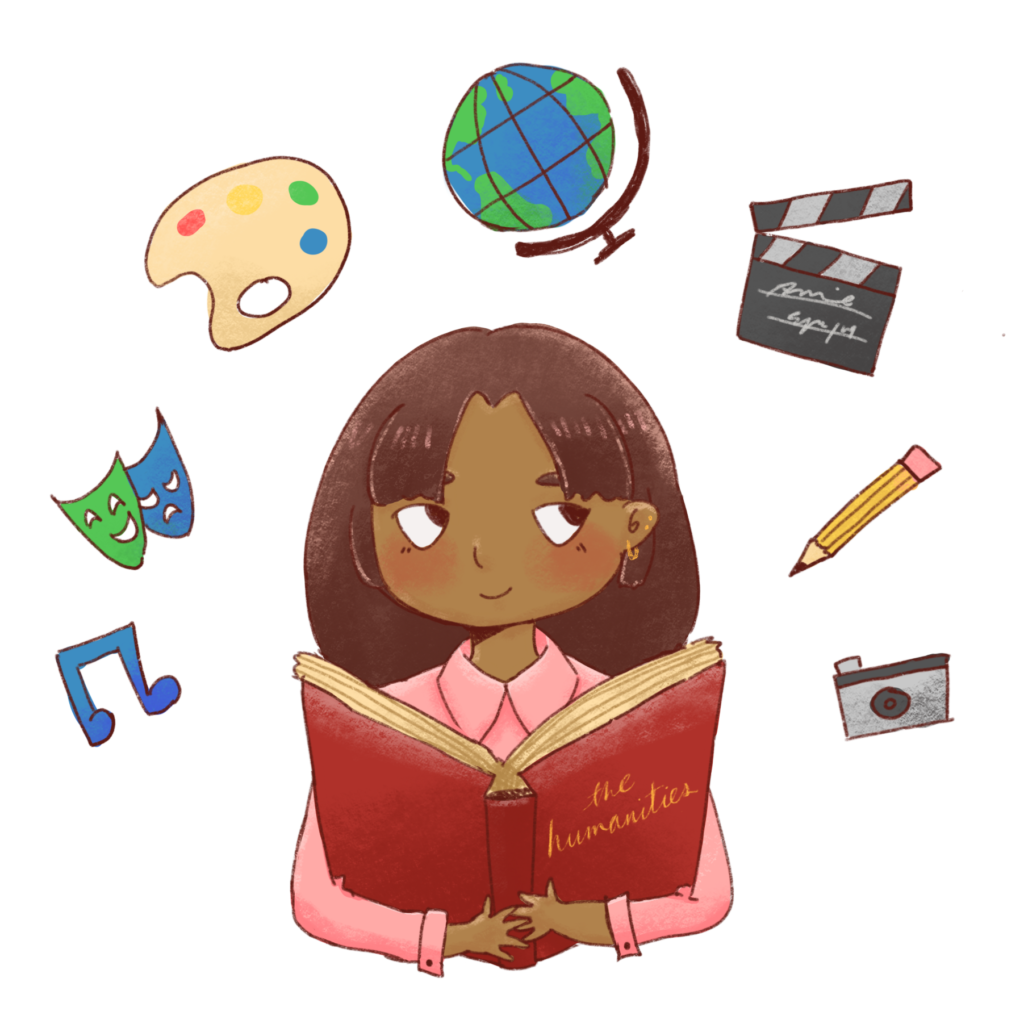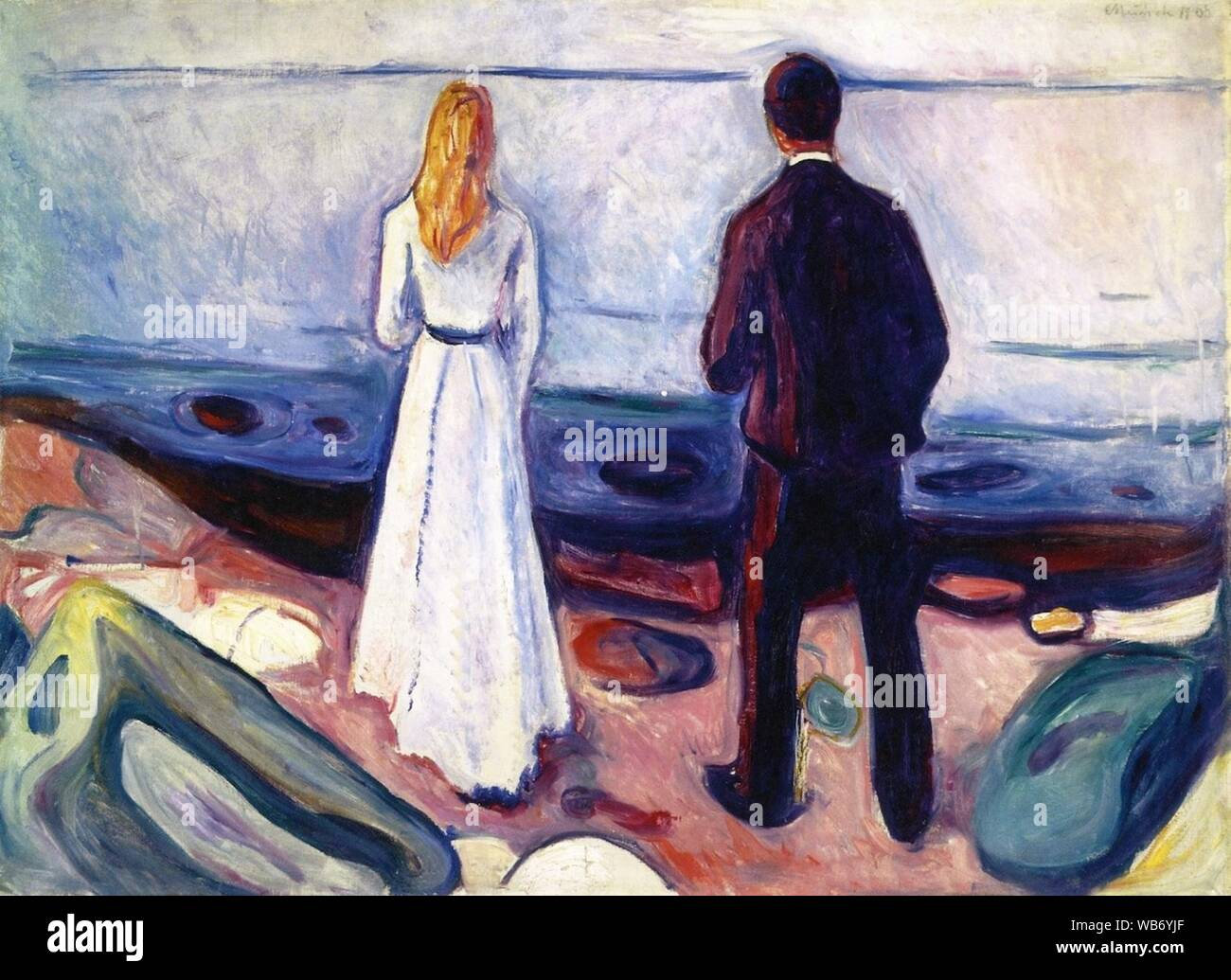
Engaging First-Year Students in Humanities: New Courses Offered
Engaging first-year students in humanities is crucial for revitalizing interest in arts and humanities studies. With a growing trend of students shifting away from these fields, educational institutions are rising to the challenge by designing innovative introductory humanities courses. These transformative college courses not only foster critical thinking but also illuminate the importance of humanities education in understanding the human experience. By appealing to the diverse interests of first-year arts and humanities students, the new curriculum aims to cultivate a lasting appreciation for these subjects. As we explore the richness of the college humanities curriculum, it becomes clear that nurturing passion in students is key to their academic success.
Attracting new students to the realm of the arts and humanities begins with reimagining their first experiences in this vital area of study. By offering a variety of enticing introductory classes, institutions are striving to highlight the significance of liberal arts education and its role in shaping well-rounded individuals. These engaging foundational courses serve as a gateway to broader exploration, sparking curiosity in first-year learners about essential questions of human culture and creativity. The conversation around the value of literary and philosophical study is more relevant than ever, as these inquiries are integral to understanding oneself and the world. Supporting the next generation of thinkers ensures a deeper connection to the transformative power of humanities.
Introducing New Introductory Humanities Courses
In the 2025-2026 academic year, the Division of Arts and Humanities will be rolling out nine new introductory courses designed to invigorate the study of humanities among first-year students. This initiative, led by Dean Sean Kelly, seeks to address the concerning trend of declining enrollment in humanities disciplines at colleges across the country. By offering innovative and engaging introductory humanities courses, the faculty aims to capture the interest of students and introduce them to essential humanistic questions and frameworks that can enrich their academic journey.
The revamped course curriculum will include topics such as ‘Introduction to the Medical and Health Humanities’ and ‘Migration and Border Crossing in Film and Photography.’ This broad spectrum of subjects reflects an effort to make humanities education more relevant and appealing to diverse student interests. Through these transformative college courses, students will not only explore significant cultural and philosophical inquiries but will also be equipped with analytical skills that benefit them in a variety of future career paths.
The initiative highlights the college’s commitment to reshaping the humanities experience. As faculty focus on enhancing the attractiveness of introductory courses, they hope to change the narrative that has traditionally viewed these subjects as optional or less vital than other academic fields. By showcasing the importance of humanities education, students can appreciate how these courses contribute to their overall academic development and personal growth.
Furthermore, with nearly half of first-year students shifting their academic focus away from humanities by the end of their first year, this program aims to reverse that trend. By crafting courses that provide foundational insights into the humanities, educators can foster a lifelong appreciation for literature, philosophy, and the arts among new students.
The Importance of Engaging First-Year Students in Humanities
Engaging first-year students in humanities is critical to reversing the trend of declining enrollment in these disciplines. Research indicates that the early academic choices students make can significantly influence their long-term educational trajectories. By capturing students’ attention with compelling introductory courses that connect to their personal interests and contemporary societal issues, colleges can ensure these students remain invested in the humanities throughout their education.
Moreover, the importance of humanities education goes beyond mere enrollment figures. It cultivates critical thinking, empathy, and cultural awareness, which are essential skills in today’s multicultural society. By engaging students from the outset, institutions can foster a deeper understanding of the human experience, preparing them for diverse interactions and challenges they will face in their academic and professional lives.
Courses such as ‘Culture in Context’ and ‘Bob Dylan the Classic’ present humanities in a way that feels relevant and dynamic rather than antiquated or irrelevant. By relating these subjects to real-world issues, first-year students can find personal connections to the curriculum, which can ignite a passion for further study in these areas.
Ultimately, drawing first-year students into the humanities offers a vital opportunity to rekindle their interest and transform their college experience. This approach not only enriches the students’ lives but also revives the humanities’ role in fostering a well-rounded education that values multiple perspectives and critical inquiry.
Transformative Learning Experiences in the Humanities
The newly introduced introductory humanities courses are set to offer transformative learning experiences that can shape students’ academic journeys. Unlike traditional approaches that may have focused solely on canonical texts, these innovative classes encourage students to question, engage, and connect with the material on a deeper level. For instance, ‘HUM 17: The Human Sciences: Fundamentals and Basic Concepts’ invites students to examine profound philosophical issues such as consciousness and moral freedom, helping them understand the far-reaching implications of these concepts.
Furthermore, the emphasis on interactive and discussion-based learning fosters a vibrant classroom environment where students can feel empowered to express their thoughts and ideas freely. This collaborative atmosphere is essential for first-year students, as it contributes to building a supportive community that values diverse perspectives. By allowing students to participate actively in their learning, the humanities become not just a series of lectures but rather a dynamic exploration of the human experience.
Additionally, transformative college courses such as ‘Reading for Fiction Writers’ merge critical reading with creative writing. This integration emphasizes the relationship between understanding literature and improving one’s own writing, highlighting the importance of both disciplines. Such holistic teaching methods ensure that students recognize the interconnectedness of various subjects within the humanities.
Ultimately, this initiative aims to redefine the humanities as a vital part of the college curriculum, spotlighting its intrinsic worth and encouraging students to appreciate not just the practical applications but also the enriching, life-changing nature of studying the arts and humanities.
Redefining the College Humanities Curriculum
The college humanities curriculum is being redefined to ensure it resonates with today’s students’ needs and interests. The introduction of new courses emphasizes contemporary issues and diverse voices, reflecting the changing landscape of both the academic environment and society at large. By focusing on subjects like migration, technology, and cultural diversity, the curriculum aims to attract students who may have previously perceived the humanities as disconnected or irrelevant.
This redefinition is crucial, given the role that the humanities play in fostering critical thinking and ethical reasoning. By developing an engaging curriculum, institutions can emphasize the importance of humanities education as foundational elements in understanding complex global issues. Courses that tackle these subjects not only engage first-year students but also empower them to contribute meaningfully to discussions surrounding contemporary human concerns.
Additionally, the shift in focus away from a rigid canon of ‘great works’ to an inclusive perspective encourages students to explore various narratives throughout history. This inclusivity fosters a richer understanding and appreciation for different cultures, thereby enriching their educational experience.
In conclusion, the redefined humanities curriculum seeks to dismantle barriers and preconceived notions surrounding these disciplines. By positioning herself alongside global issues and innovative content, it aims to attract and retain first-year students, nurturing a new generation of individuals who value the humanities’ indispensable role in understanding and interpreting the world.
Building a Welcoming Culture in the Humanities
The introduction of new courses aims to foster a welcoming culture within the humanities that encourages first-year students to explore and engage deeply with these subjects. By prioritizing inclusivity and interest, the initiative responds to previous concerns about the lack of engagement in traditional humanities courses. Students are more likely to feel connected to a discipline when they see their own experiences reflected in the curriculum.
Additionally, creating a supportive environment for first-year students is essential in counteracting the trend of declining interest in humanities. When students feel valued and understood, they are more likely to pursue courses that delve into the complexities of human culture and artistic expression. This initiative not only focuses on the courses offered but also emphasizes the importance of fostering a community where inquiry and exploration are celebrated.
Engaging with compelling materials, whether through innovative literary texts or thought-provoking philosophical questions, allows for a richer dialogue among students. Emphasizing the intrinsic value of the humanities aligns with efforts to illustrate why these courses matter, creating a sense of belonging and significance to students’ intellectual pursuits.
In summary, building a welcoming culture within the humanities is about more than just increasing enrollment; it’s about inviting students into a vibrant community of thinkers, makers, and creators. This initiative strives to cultivate an environment where both students and faculty can take part in meaningful exchanges that inspire curiosity and a lifelong passion for the humanities.
Nurturing Creativity Through Humanistic Inquiry
Humanistic inquiry serves as a catalyst for nurturing creativity among first-year students. The new introductory courses emphasize the intersection between critical analysis and creative expression, highlighting how these two facets of the humanities can enhance each other. For instance, courses that explore literature not only teach analytical skills but also encourage students to draw inspiration for their own creative projects.
This dynamic learning approach can be transformative for students who may not initially identify as ‘creatives.’ By engaging them in reflective practices, instructors can help students discover their own unique voices and perspectives. As seen in courses like ‘Reading for Fiction Writers,’ students learn to appreciate the nuances of storytelling while developing their own writing skills, ultimately fostering a sense of creative empowerment.
Furthermore, engaging with art and performance can unlock new modes of expression for students, allowing them to explore complex themes and emotions through various mediums. By fostering an environment that values the interplay between creativity and humanistic inquiry, these courses aim to cultivate not just future professionals, but also thoughtful, engaged citizens.
In conclusion, nurturing creativity through humanistic inquiry is a fundamental aspect of the newly introduced humanities courses. By connecting critical and creative practices, these classes ensure that students leave with well-rounded skills and a profound appreciation for the arts and humanities.
Connecting Humanities to Personal Growth and Identity
The new introductory humanities courses are designed to help students connect their learning with personal growth and identity. By examining significant texts and concepts, students are invited to engage with their own experiences and questions, fostering an environment of self-discovery and reflection. This approach underscores the relevance of humanities education to not only academic pursuits but also personal development.
As students explore the rich tapestry of human expression and thought, they uncover insights about themselves that can shape their values, beliefs, and aspirations. Courses that tackle universal themes such as love, friendship, and the human condition allow students to find resonance with their own journeys, creating a more profound emotional connection to their studies.
This personal connection to the humanities ultimately enriches the educational experience, encouraging students to remain engaged and invested in their learning. By facilitating discussions around identity and culture, these courses help foster an understanding of diverse perspectives, promoting empathy and respect for others’ experiences.
In summary, connecting humanities to personal growth and identity is an essential component of the new course offerings. These programs not only aim to cultivate knowledge but also facilitate a deeper understanding of oneself and one’s place in the world, making humanities a vital aspect of the overall college experience.
The Role of Technology in Modern Humanities Education
In an increasingly digital world, the role of technology in modern humanities education has become more pronounced. The introduction of new courses reflects an understanding of how technology can enhance the teaching and learning of humanities concepts. From digital archives to innovative presentations, technology allows students to engage with materials in interactive and meaningful ways.
For example, courses that explore the relationship between humanity and technology invite students to investigate how digital platforms influence cultural narratives. This focus on technology not only makes the curriculum more relevant but also encourages students to think critically about the implications of technological advancements on human expression and society.
Furthermore, technology can facilitate collaborative learning, enabling students to connect with peers, share ideas, and engage with instructors in ways that transcend traditional classroom settings. By integrating technology into humanities education, the initiative aims to prepare students for a world where digital literacy and critical engagement with media are essential skills.
In conclusion, the role of technology in modern humanities education is an invaluable aspect of the renewed curriculum. By embracing digital tools and resources, these courses help demystify complex concepts while promoting active participation and critical inquiry among first-year students.
Frequently Asked Questions
How can engaging first-year students in humanities transform their college experience?
Engaging first-year students in humanities can significantly transform their college experience by fostering critical thinking, creativity, and an appreciation for diverse perspectives. Such courses introduce foundational concepts and encourage students to ponder fundamental questions about human existence, ultimately enriching their understanding of the world and improving their analytical skills. This transformation can inspire students to explore new avenues in their academic journeys and careers.
What are the benefits of introductory humanities courses for first-year students?
Introductory humanities courses offer several benefits for first-year students, including enhancing their communication, critical thinking, and analytical skills. These courses also help students connect their interests with various disciplines, fostering a broader understanding of the arts, culture, and human experiences. This engagement not only prepares students for future studies but also highlights the importance of humanities education in developing well-rounded individuals.
Why is the importance of humanities education emphasized for first-year arts and humanities students?
The importance of humanities education is emphasized for first-year arts and humanities students because these subjects cultivate essential skills such as empathy, cultural awareness, and ethical reasoning. By engaging with literature, philosophy, and the arts, students learn to appreciate diverse perspectives, making them more informed and compassionate citizens. This foundation is crucial for their personal growth and future professional success.
What are some new initiatives to engage first-year students in humanities courses?
New initiatives to engage first-year students in humanities courses include the introduction of innovative and diverse course offerings that reflect contemporary issues and interests. Examples include courses on medical humanities, migration in film, and creative writing. These courses aim to captivate students’ interests, enhance their understanding of cultural contexts, and demonstrate the relevance of humanities in today’s society.
How can the college humanities curriculum change to attract more first-year students?
To attract more first-year students, the college humanities curriculum can incorporate relevant themes such as technology, identity, and social issues while promoting interdisciplinary approaches. By presenting humanities as a dynamic field that addresses contemporary challenges, colleges can increase enrollment and foster deeper interest in the arts and humanities, ensuring students see the value in exploring these subjects.
What role do transformative college courses play in engaging first-year students in humanities?
Transformative college courses play a pivotal role in engaging first-year students in humanities by challenging them to think critically about meaningful questions and issues. These courses are designed to resonate with students’ experiences and aspirations, promoting active participation and personal investment in their studies. By emphasizing the intrinsic value of humanities, such courses can foster lifelong appreciation and engagement with the arts and humanities.
How do innovative teaching methods enhance first-year students’ learning in humanities courses?
Innovative teaching methods, such as experiential learning and interdisciplinary collaboration, enhance first-year students’ learning in humanities courses by making lessons interactive and relevant. By incorporating technology, creative projects, and discussions that connect to real-world issues, educators can engage students more effectively, promoting a deeper understanding and appreciation for the value of humanities education.
What are some challenges facing first-year students in introductory humanities courses?
Some challenges facing first-year students in introductory humanities courses include adapting to academic rigor, feeling disconnected from the material, and a lack of exposure to humanities in high school. These factors may lead to decreased interest and enrollment in humanities disciplines. Institutions are addressing these challenges by revising course content and teaching methods to foster engagement and connection with students.
| Key Point | Details |
|---|---|
| New Courses Introduction | Nine new introductory courses in the Arts and Humanities begin in the 2025-2026 academic year. |
| Addressing Enrollment Decline | Only 12% of first-year students are interested in arts and humanities upon arrival, dropping to about 6% by declaration. |
| Engagement Issues | Current introductory courses fail to engage students, potentially impacting their decision to stay in humanities. |
| Focus Shift | Courses aim to engage students with fundamental questions, moving away from focusing solely on preparation for Ph.D.s. |
| Course Variety | Prospective courses include themes such as medical humanities, migration in film, and the intersections of humanity and technology. |
| Foundational Understanding | Courses will provide foundational knowledge similar to gateway courses in other disciplines, defining key concepts in humanities. |
| Interdisciplinary Approach | New humanities courses will merge creative writing with critical reading to enhance students’ understanding of narratives. |
| Intrinsic Value of Humanities | Courses emphasize not only the practical benefits of humanities but also their importance to understanding the human experience. |
Summary
Engaging first-year students in the humanities is crucial for fostering a lifelong appreciation for the arts and culture. With the introduction of nine new courses designed to captivate and inspire, faculty at Harvard are addressing declining enrollment by rethinking how they present the humanities to newcomers. By focusing on fundamental questions of human existence, these courses aim to not only enhance students’ knowledge but also to instill a profound appreciation for the intrinsic value of the humanities. This initiative reflects a broader shift towards making the field more accessible and engaging for first-year students, ensuring that more individuals can discover and cherish the richness that arts and culture offer.


